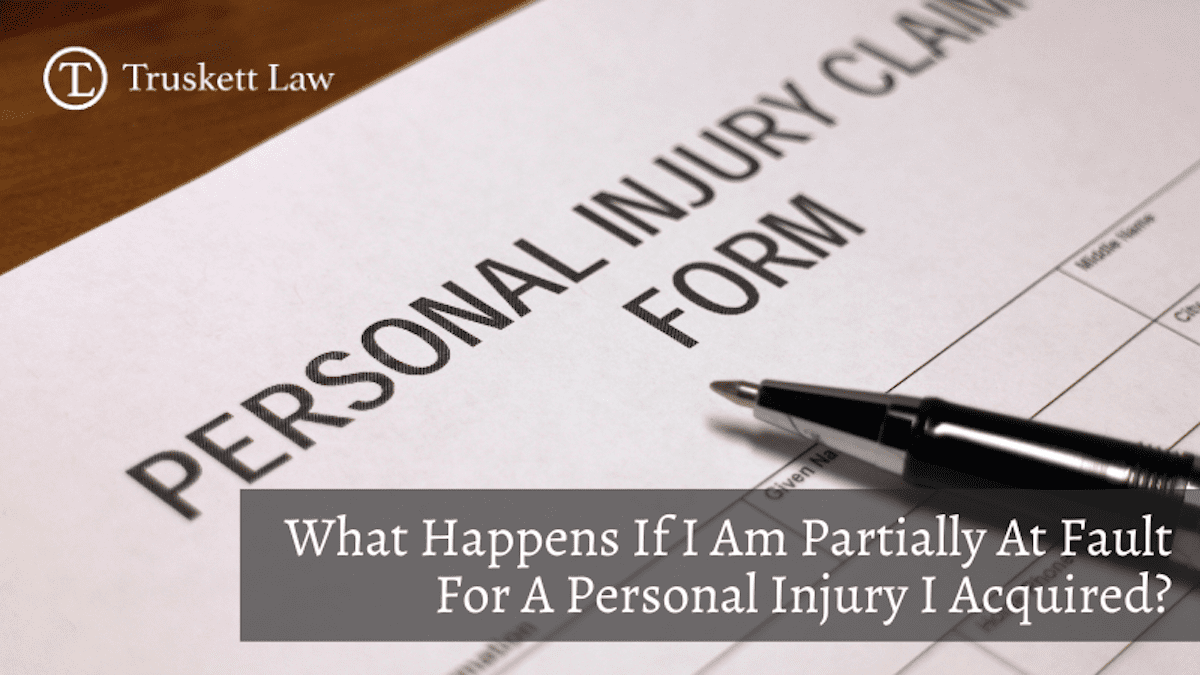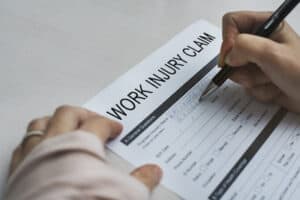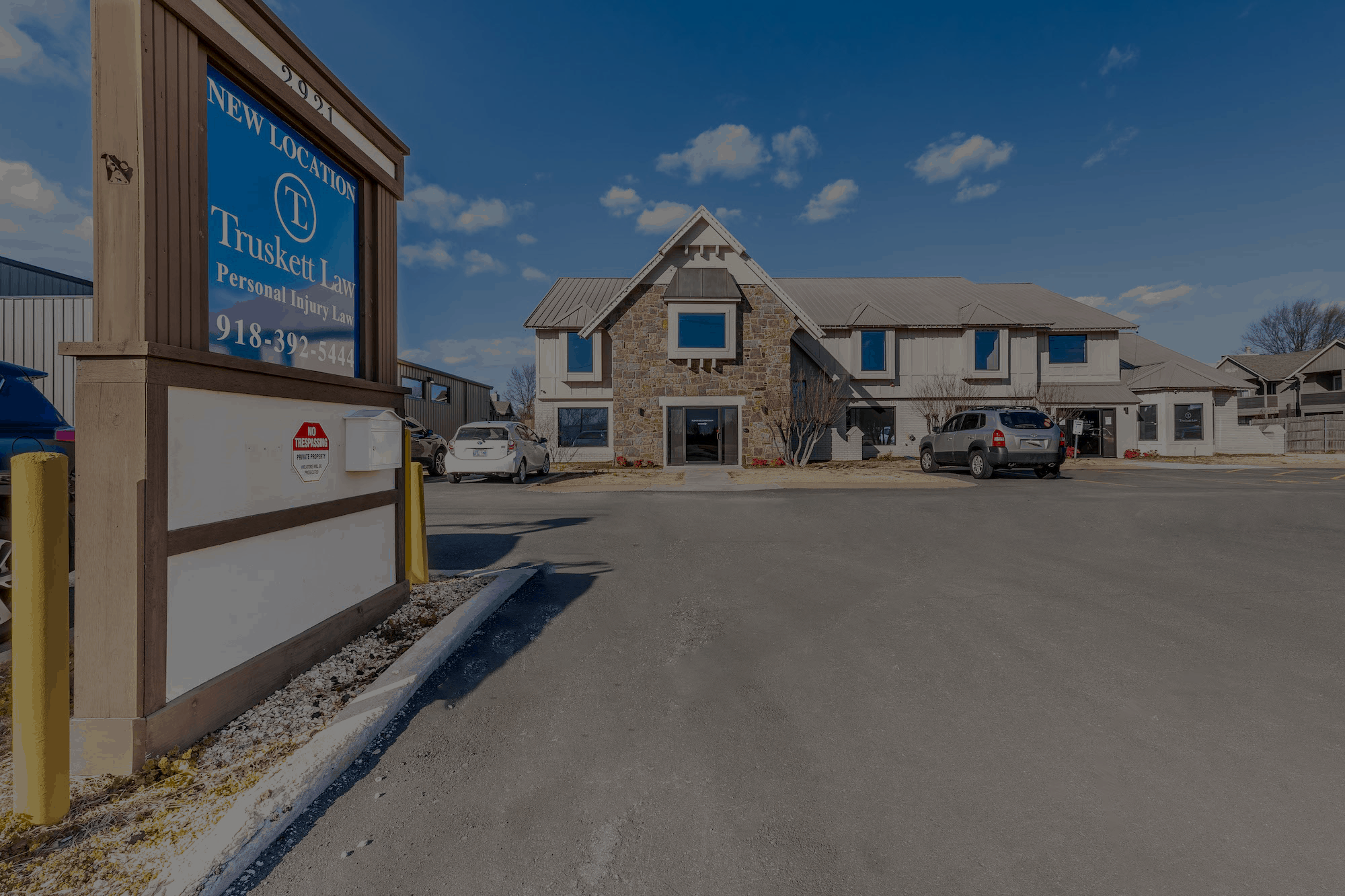
22 Aug What Happens If I Am Partially At Fault For A Personal Injury I Acquired?
What If You Are At Fault for Personal Injury?
What should you do after a personal injury incident? This is an important question, and the answer depends on the situation. If you are partially at fault for the injury, things get a bit more complicated. In this blog post, we will discuss what happens if you are partially at fault for a personal injury. We will also talk about how personal injury cases work, and how fault is determined in these cases.
So, what happens if you are partially at fault for a personal injury you acquired? The short answer is that it depends on the state in which you live. In some states, if you are even partially at fault for an injury, you will not be able to recover any damages from the other party. This is known as the doctrine of contributory negligence.
However, in other states, the doctrine of comparative negligence is used. This means that even if you are partially at fault for an injury, you may still be able to recover damages from the other party, as long as their level of fault is greater than yours.
So, which doctrine does your state use? If you are unsure, you should speak with a personal injury lawyer in your state. They will be able to tell you how fault is determined in personal injury cases, and what your options are if you are partially at fault for an injury.
Continue reading to learn more about the steps you need to take after a personal injury case.
How To Define “Partially At Fault”
 First, it’s important to know what “fault” means and how it is determined.
First, it’s important to know what “fault” means and how it is determined.
When we talk about “fault” in the context of a personal injury, we are talking about who is responsible for the accident or injury.
In order to determine fault, there must be negligence on the part of one of the parties involved.
Negligence is defined as a failure to use reasonable care, which results in harm to another person.
There are many factors that can contribute to negligence in a personal injury case. For example, if you were injured in a car accident, the other driver may have been speeding, or they may have run a red light.
If you were injured at work, your employer may have failed to provide a safe working environment. If you slipped and fell in a store, the store owner may have failed to clean up a spill.
There are many different ways that fault and negligence can be defined and determined, which is why it is so important to speak with a personal injury lawyer if you have been injured.
They will be able to look at the specific facts of your case and help you determine who is at fault.
What Happens If “At Fault” is Even For A Personal Injury
 Most often, if the fault is determined as even on both parties, many insurance companies will not cover any damages.
Most often, if the fault is determined as even on both parties, many insurance companies will not cover any damages.
That is why it is so important that you have a personal injury lawyer on your side.
They will be able to negotiate with the insurance company and help you get the compensation you deserve.
It is also important that you take the proper steps after an injury. Being prepared ahead of time and knowing what you need to do (or not do) can help you in the aftermath of an accident. Let’s go over what those steps are.
Steps To Take After A Personal Injury Accident
Again, knowing what to do after a personal injury accident can help you get the compensation you need even if you are partially at fault. Here’s what you need to do:
- The first step you should take after any kind of accident is to seek medical attention, even if you don’t think you are seriously injured. This is important for a few reasons. First, some injuries, like concussions, may not show symptoms right away. Second, seeking medical attention will create a record of your injuries. This will be important if you decide to file a personal injury claim or lawsuit.
- The second step you should take is to gather evidence. This may include taking pictures of the accident scene, getting the contact information of any witnesses, and saving any receipts for medical bills or other expenses related to the accident.
- The third step is to contact a personal injury lawyer. They will be able to review your case, help you understand your legal options, and guide you through the process of filing a claim or lawsuit. If you have been injured in an accident, don’t try to go it alone. Speak with a personal injury lawyer today to get the help and compensation you deserve.
What NOT To Do After A Personal Injury Accident
There are also a few things you should NOT do after an accident. These include:
- Don’t admit fault. This is something you should leave to the insurance companies and the lawyers.
- Don’t sign anything without speaking to a lawyer first. The insurance company may try to get you to sign away your rights or agree to a low settlement.
- Don’t wait to get medical attention. As we mentioned, some injuries may not show symptoms right away. It’s important to get checked out by a doctor as soon as possible after an accident.
If you have been injured in an accident, follow these steps to ensure you get the compensation you deserve. And don’t forget to contact a personal injury lawyer to help you through the process.
How A Personal Injury Case Works
 If you or someone you know has been injured in an accident, you may be wondering how a personal injury case works. Here’s a quick overview:
If you or someone you know has been injured in an accident, you may be wondering how a personal injury case works. Here’s a quick overview:
A personal injury case usually starts when the injured person (the plaintiff) files a lawsuit against the person or entity responsible for their injuries (the defendant).
In some cases, the plaintiff may file a claim with the defendant’s insurance company instead of filing a lawsuit.
Once the lawsuit is filed, both sides will gather evidence and try to negotiate a settlement. If they are unable to reach an agreement, the case will go to trial.
At trial, each side will present their evidence and argue their case before a judge or jury. The judge or jury will then decide who is liable and how much the plaintiff should receive in damages.
The Bottom Line
In conclusion, if you are partially at fault for a personal injury you acquired, you may still be able to recover damages.
However, your damages will be reduced by your percentage of fault. It’s important to speak with a personal injury lawyer to understand your legal options and get the help you deserve.
If you or someone you know has been injured in an accident, don’t hesitate to contact Truskett Law. We are here to help you through this complicated situation and help you get the compensation you deserve. We hope this article was informative and helpful, thanks for reading!
Related Questions
What if the other driver was uninsured or underinsured?
If you are hit by an uninsured or underinsured driver, you may still be able to recover damages. You would need to file a claim with your own insurance company. If you have uninsured/underinsured motorist coverage, your insurance company will pay for your damages up to your policy limit.
What if I acquire a personal injury while at work?
If you acquire a personal injury while at work, you may be able to file a workers’ compensation claim. Workers’ compensation a state-run insurance program that provides benefits to employees who are injured on the job. Benefits can include medical expenses, income replacement, and more.


Sorry, the comment form is closed at this time.